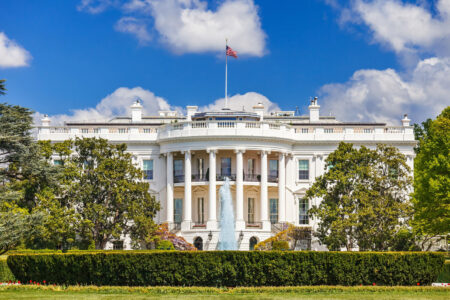The European Union has announced comprehensive regulations that, starting in July 2027, will restrict the trading of privacy coins and the use of anonymous or self-custodied crypto wallets within the EU market. At the same time, stricter identity verification requirements will be introduced for crypto transactions.
Under the planned regulation, trading so-called anonymity-enhancing coins (e.g., Monero, Zcash) on regulated platforms will be banned, and services offering anonymized wallets will face heightened oversight. From the effective date, crypto service providers will be required to verify the identity of customers for transactions exceeding 1,000 euros. As early as May, CVJ.CH reported that the EU planned to ban privacy coin trading and prohibit anonymous crypto transactions by 2027.
Concrete facts and implications
Following the adoption of the regulatory framework-particularly the Anti-Money Laundering Regulation (AMLR) and the Markets in Crypto-Assets Regulation (MiCA)-it is now clear that crypto-asset service providers (CASPs) will no longer be allowed to maintain anonymous accounts or list and process coins with anonymizing features. At the same time, a new European supervisory authority, the Anti-Money Laundering Authority (AMLA), will be established to directly oversee up to 40 service providers starting in 2027.
By mid-2027, providers must complete the necessary technical and organizational measures to block the trading of privacy coins through centralized interfaces.
The regulation could lead to a significant decline in liquidity and relevance for privacy coins within EU-regulated markets. Platforms without KYC procedures or those relying heavily on user anonymity will be forced to adapt their business models or shift their operations outside the EU.
Legal framework and implementation steps through 2027
The privacy coin ban is part of the new Anti-Money Laundering Regulation (AMLR), adopted alongside the Markets in Crypto-Assets Regulation (MiCA) package. Article 58 of the AMLR requires crypto service providers not to list or custody “anonymity-enhancing coins” such as Monero (XMR), Zcash (ZEC), or Dash (DASH). In parallel, the EU Anti-Money Laundering Authority (AMLA), headquartered in Frankfurt am Main, will be established and become operational in 2026.
The EU is effectively banning cryptocurrencies with strong anonymity features from regulated channels-a measure that marks a turning point. For investors and service providers, this means a significant increase in legal and compliance risks. At the same time, the regulation could create a competitive advantage for established crypto platforms through clear rules and higher entry barriers for smaller providers.








